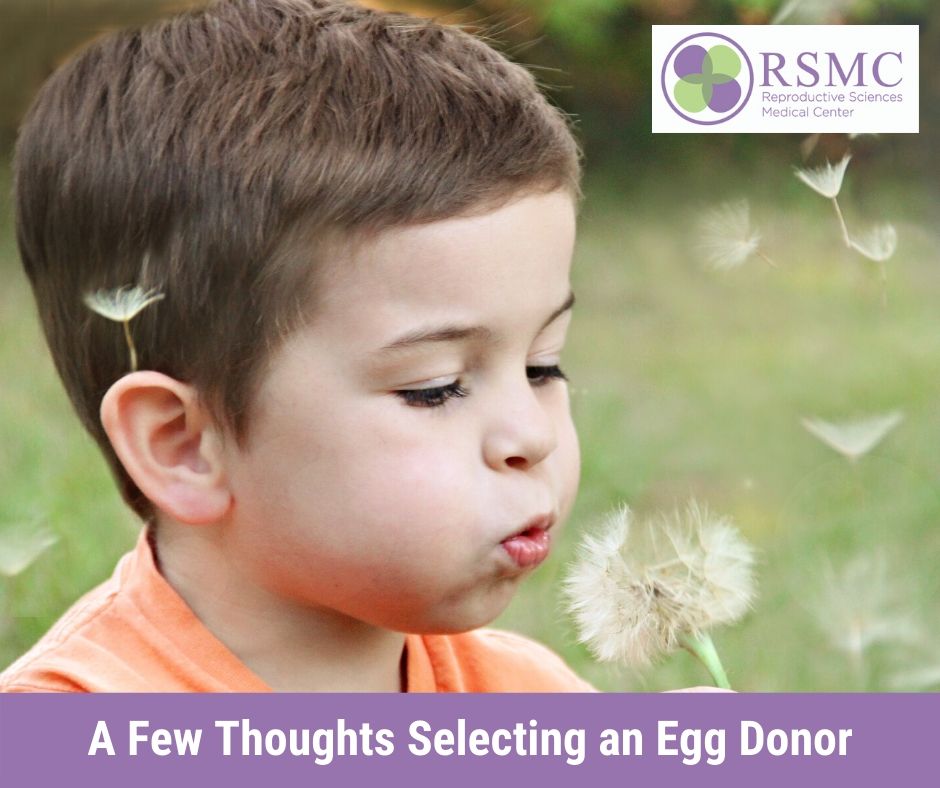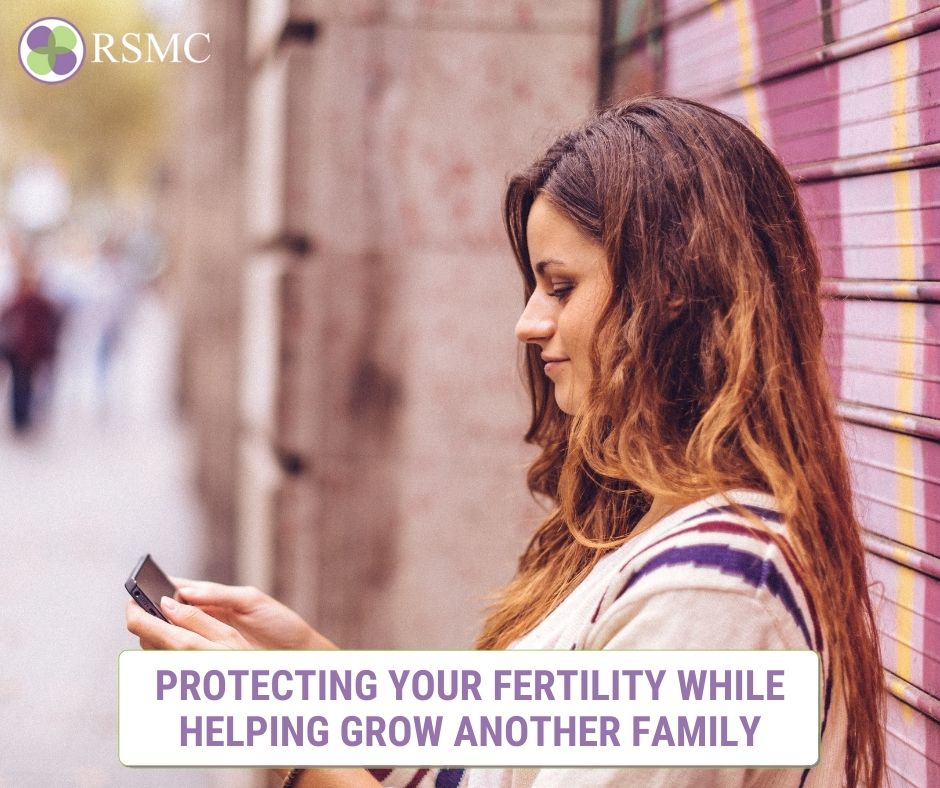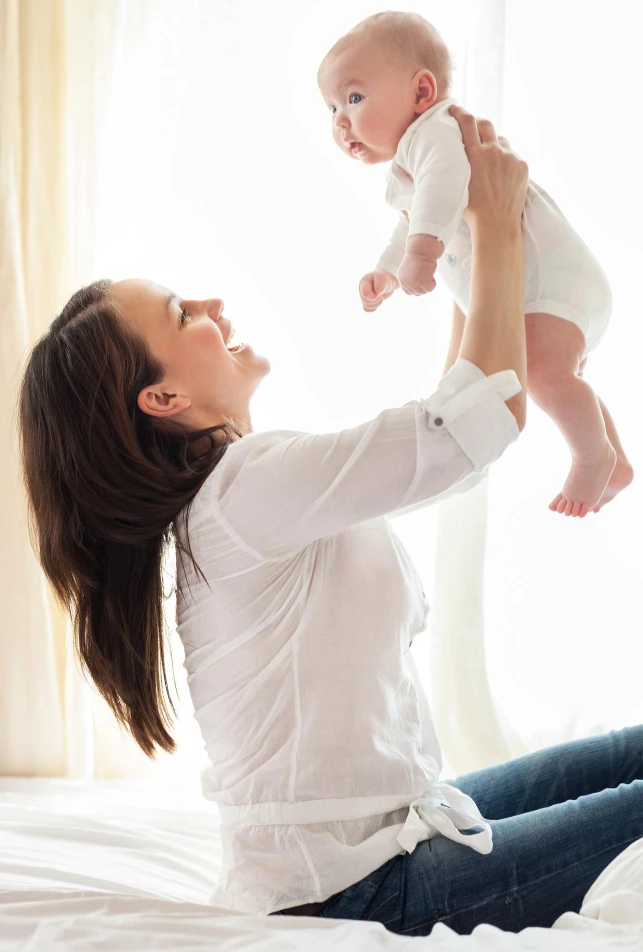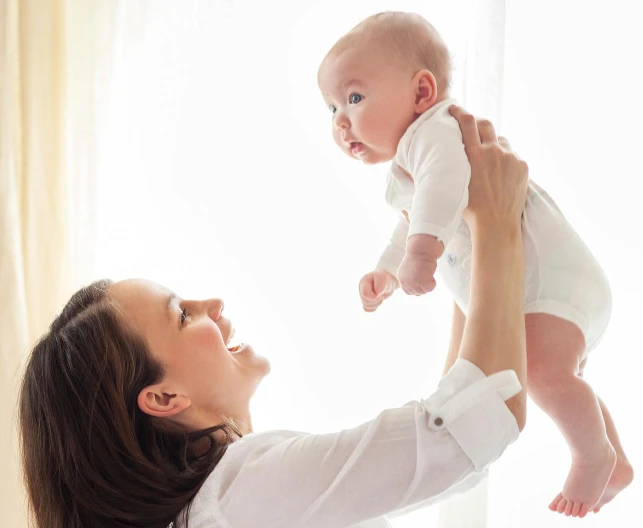Egg Donation Safety is Not Something Women Talk About Publicly
 The truth is, most women who donate eggs have no complications afterwards. They are guaranteed anonymity and generally want to keep their experience private. There may be people in their lives who wouldn’t approve, and they don’t want to be subject to their judgement or feedback.
The truth is, most women who donate eggs have no complications afterwards. They are guaranteed anonymity and generally want to keep their experience private. There may be people in their lives who wouldn’t approve, and they don’t want to be subject to their judgement or feedback.
After all, how often do you see social media posts about any kind of fertility treatment? Even in our oversharing society, most people still consider some things private and fertility options is close to the top of the list.
All medical professionals are transparent about egg donation. There is no collation between the egg donation process and hormone-based cancers or other medical problems a woman might experience later. Richard J. Paulson, president-elect of the American Society for Reproductive Medicine (ASRM), and head of the infertility program at the University of Southern California stated: “There are no long-term adverse risks of IVF or egg donation. All the data we have so far seem to indicate no long-term problems.”
When people discuss egg donation and pregnancy, whether they have a positive or neutral reaction to something are more likely to repeat it. Women who even have mild reactions during their egg donation process are more likely to donate multiple times. On the other hand, women with more noticeable reactions are more likely to talk about it and only donate once. Like with most things, the squeaky wheel is getting the attention.
Medical Problems with Unknown Origins Are Often Blamed on the Hormones from Egg Donation
If women who have donated eggs safely subsequently developed a hormone related to cancer, they look for a cause. This is especially true if there is no family history. Sometimes they try to associate it with the hormones from the egg donation because it’s a time when they were exposed to more hormones than usual. There are no studies available that prove any kind of connection, so this is only an assumption on their part. It’s totally understandable that they are looking for answers, after all, who wouldn’t be. But, it doesn’t always mean the assumption they come up with is correct.
There Are No Long-Term Studies on the Effects of Egg Donation
To date, there haven’t been any long-term studies following women who have donated eggs. There’s no definitive way to tell if the egg donation did cause some of their later problems. A scientifically conducted study to prove that egg donation isn’t correlated to long-term effects would help prove the safety of donating. This information would also be useful for the ever-growing group of women who are freezing their eggs for later use.
The hormones used are the exact same ones used by women who undergo IVF. These medications have been found to be safe in the population of women undergoing IVF. There’s no reason to believe this wouldn’t translate to the egg donor population, who tend to be younger and healthier adults.
Negative Stories Always Get More Attention Than Positive Stories
Negative stories always get more attention than positive stories, especially if they relate to medical procedures. We’ve all seen large headlines on major news sites about problems with prescription drugs, you rarely see stories about drugs working as expected and not causing long-term side effects. Positive stories are often overshadowed by the negative stories, they tend to make more interesting stories. Since most egg donors aren’t advertising the fact that they are donating eggs safely, there are fewer positive experiences shared publicly. Reputable egg donation agencies are associated with the Society for Assisted Reproductive Technology (SART) and follow their guidelines for safe egg donation. Don’t be scared off by the stories you hear, if you use a reputable egg donation agency, and follow the instructions provided, you should have a safe and fulfilling egg donation experience.

























